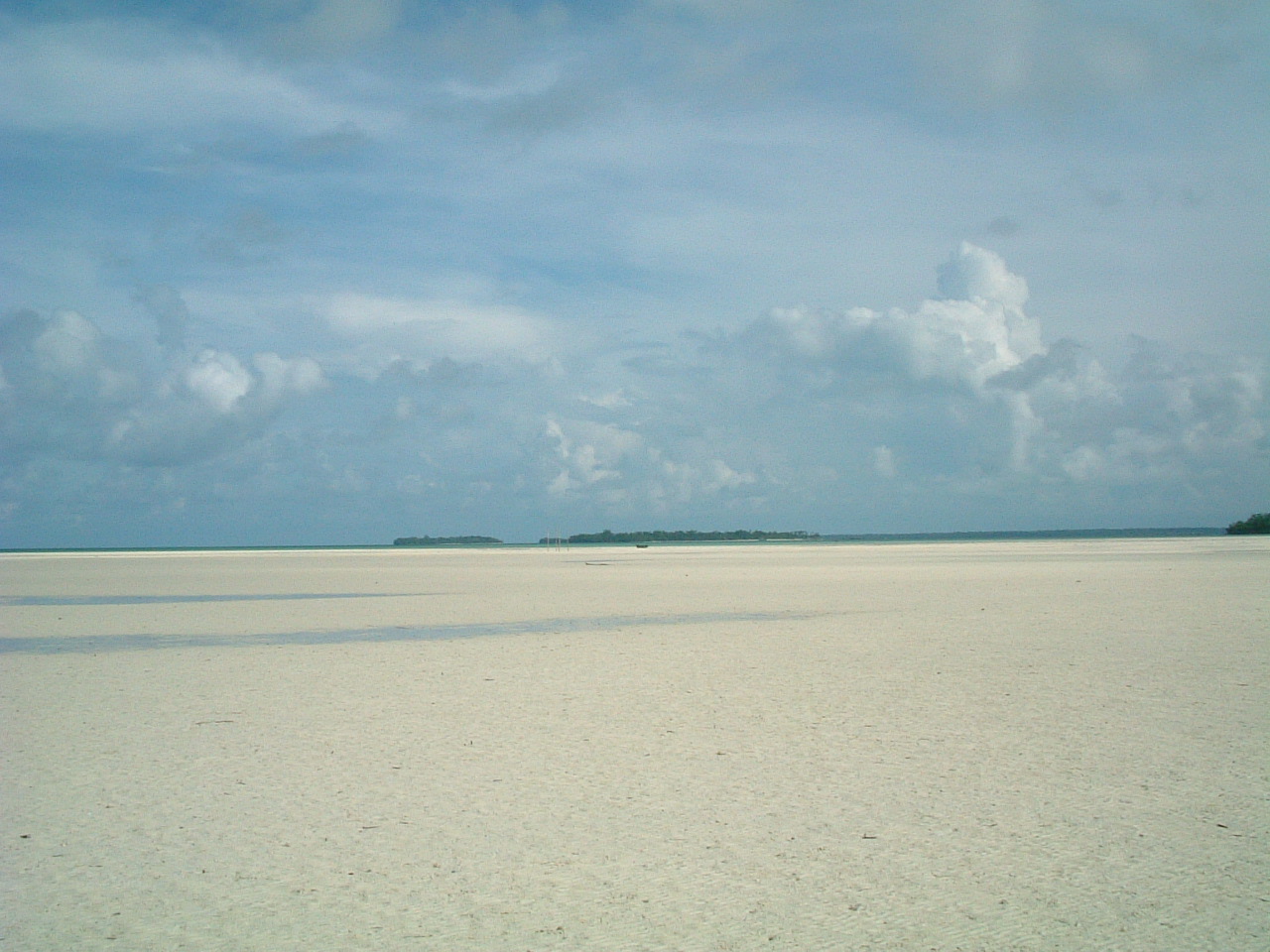In recent years, “mindfulness” has become something of a cult among harried executives. Well-paid life coaches add to their stress by urging them to “live in the moment”. But is living in the moment really such a great idea?
I’m guessing that Sutopo Nugroho, of Indonesia’s National Disaster Mitigation Agency (BNPB), thinks it’s not. I could feel his frustration the day after the south Java earthquake of December 15, when he reported that 22 out of the 22 buoys installed around Indonesia to warn of tidal waves are not working. Or rather, they’re not working as disaster prevention devices — they still do pretty well as anchors to which fishermen sometimes tie up when they need a quick rest on the open seas. The buoys were put down after the devastating tsunami of December 26, 2004. But the sophisticated sensory equipment (which cost taxpayers in Germany, Malaysia and the US around a quarter of a million dollars per unit) is not sending signals that could provide early warning of the sort of wave that killed 170,000 Indonesians during the Asian tsunami — the equipment hasn’t been properly maintained. That’s not entirely surprising; the devices are persnickety, and can cost up to US$50,000 a year to keep in working order. Shortly after they were installed in 2005, doom-mongers were already warning that Indonesians might not make the investment.
Bpk Sutopo, however, gave a deeper explanation for neglecting the early warning systems. Anticipating disasters is not part of Indonesian culture, he told reporters. He could have made an even more sweeping statement, something like: “Planning for the future isn’t really our thing.” He’d have plenty of evidence on his side: the government’s failure to invest the proceeds of a 20 year commodity boom productively so as to diversify the economy, for example, or the fact that whole cities are sliding ungracefully into the sea. (For evidence, see photos of sinking Semarang, once Java’s greatest port, or read the New York Times’s beautifully reported story on Jakarta, which is subsiding faster than any other major city on earth, for entirely predictable and largely preventable reasons.) But that begs the question, why is forward planning so, uuuh, thinly developed a cultural trait among Indonesians?
On the plus side, it may well be because the land is so consistently generous that forward planning is not all that necessary. For most of human history, volcanic ash and a tropical climate have combined to shower these islands with fertility. Add human ingenuity (terracing and irrigation) and industry (planting and harvesting), and you’ve got two and often three rice crops a year in many islands. Set those islands in seas teeming with protein, bless them with warm weather, and it becomes easy enough for many people to get by without having to worry too much about what happens when the food runs out or the cold sets in. It’s an unfashionable idea, but I’ve yet to meet a rural Indonesian who dismisses the bounty of the land as an underlying reason for contentedly hand-to-mouth habits.
On the minus side, many may fail to plan because there seems so little point in planning. The country is home to over 120 active volcanoes. I’ve been sitting on the floor in Halmahera eating supper and felt the ground shake under me. My companions sighed “Gempah lagi” [another earthquake] and went right on eating as tin plates rattled off the kitchen shelf. Landslides are routine and mudslides common, and as for flooding… In one of the most geologically bubbly areas on earth, shit will happen. Most of it will happen big, and after all, we’re only little. Why spend time worrying about stuff you can’t do anything about?
That sort of resignation, known as pasrah, is intimately linked to the wider fatalism that comes with some types of religious beliefs. Most precisely, the type in which God strips humans of all agency. If all is predestined, then trying to plan for an alternative is worse than pointless, it’s positively wicked — an attempt to subvert the will of the deity. “It’s all in God’s hands” is also a convenient excuse if you just can’t be arsed to think ahead.
But anticipating disasters isn’t all about planning for the future, it’s also about learning from the past. Thirteen years ago today, I took the photo at the top of this post. I was in a small waterside hamlet in the Kei islands in Maluku, preparing to go for a walk with Bpk Lukas, a retired school teacher who had lived his whole life in village. Bpk Lukas was jittery; never in his long life had the sea disappeared as it did that day. Something awful must be afoot, he said. It wasn’t until I got back to Tual two days later that I discovered just how awful. The same sea that seemed to have been sucked out of Eastern Indonesia had been crashing over the islands 3,800 kilometres to the west, washing away the lives and loves of around 170,000 people. While I sympathise (in a takes-one-to-know-one kind of way) with a failure to plan for events that may not come to pass, I somehow feel that Indonesians owe it to those who died in 2004 to try a bit harder to stay ahead of the next wave.

